Research Projects
"LEED"-ING Research Projects
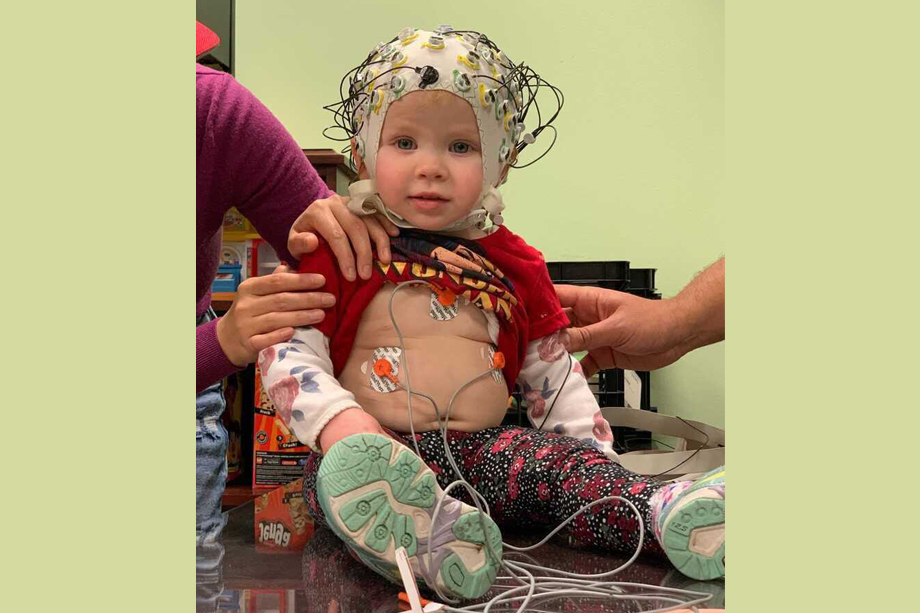
Play and Learning Strategies (PALS) Study
LEED and collaborators at Children’s Learning Institute (CLI) are conducting a longitudinal
randomized clinical trial to examine whether a remotely-delivered early parenting
program, PAL Strategies (PALS), supports healthy brain and behavior outcomes toddlers who were born prematurely.
UH will specifically examine toddlers’ brain function associated with attention and
emotional processing using EEG. EEG is safe, non-invasive, and widely used in infants
and toddlers. Brain activity and other biomarkers of attention (heart rate) will be
captured while toddlers watch animations on a computer screen. Through this work,
we hope to examine how early interventions can support more optimal brain function
and early attention and self-regulation, key for healthy cognitive and social development.
This work is supported by NIH funding awarded to Dr. Landry and DeMaster at UTHealth
and Dr. Bick at UH.
Interested or know someone who is interested in participating? Please email us at UHleedstudy@gmail.com.
Status of study: currently recruiting participants and collecting data
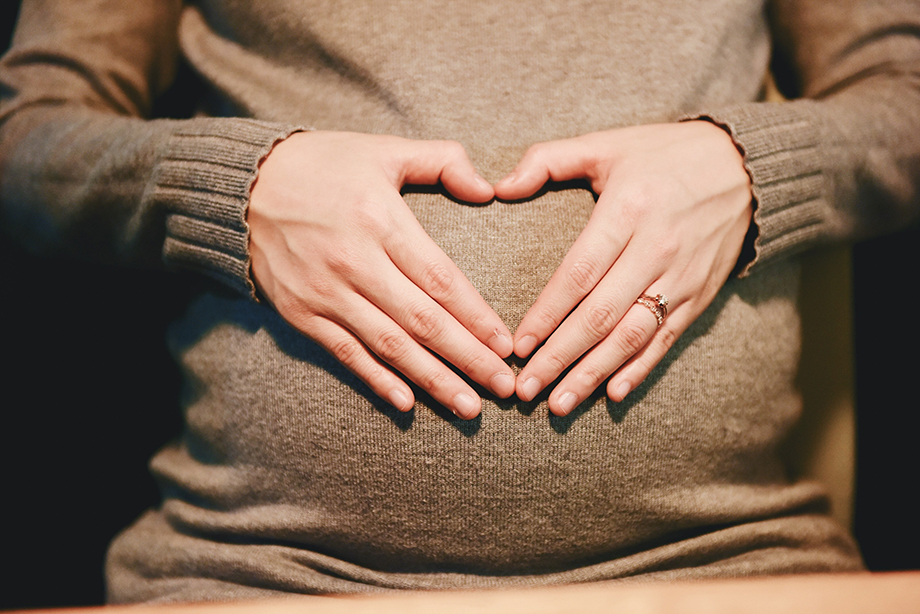
Women’s Experiences and Baby Brain (WOMBS) Study
The “WOMen’s Experiences and Baby Brain Study” (WOMBS) is inviting pregnant women to participate in a collaborative
research study between University of Houston, Baylor College of Medicine, and Texas
Children’s Hospital. The purpose of this study is to learn about how maternal experiences
and health during and before pregnancy influence fetal brain development and later
infant cognitive and social development. In this pilot phase of the study, mothers
are invited to participate in a 1.5 hours research session, during which she will
be asked to complete questionnaires, provide a saliva sample, and undergo a routine,
safe, and non-invasive MRI to examine the brain structure and function of her fetus.
Mothers will be compensated for their time and transportation costs will covered.
Appointments can be scheduled mothers’ convenience.
This study is funded by UH Division of Research awarded to Dr. Bick.
Status of study: analyzing data
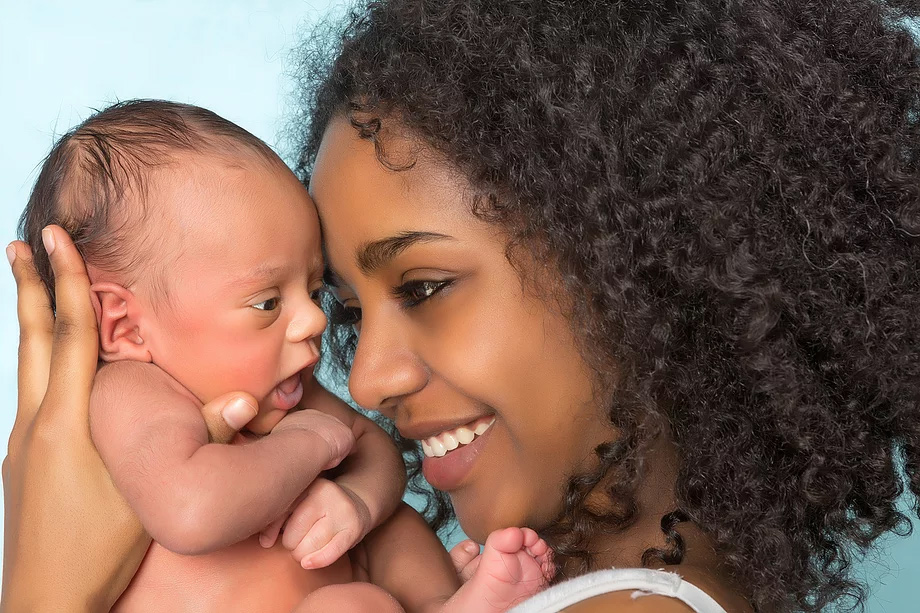
Hurricane Harvey Mom Study
The Harvey Mom Study examines whether (or to what extent) stress during pregnancy, experienced in response to Hurricane Harvey, is associated with pregnancy outcomes and children’s neurodevelopmental trajectories. We are following 1100 mothers who were pregnant during Hurricane Harvey. We assess mom's stress levels and mental health status. When babies turn six months of age, we collect information on developmental outcomes. Eventually, we will examine how variability in stress and protective life factors, may be connected with children’s brain development, emotion processing, and stress response systems. Our goal is to use this data to inform prevention and intervention efforts for pregnant women and their babies.
See our Facebook page at Harvey Mom Study.
Status of study: analyzing data
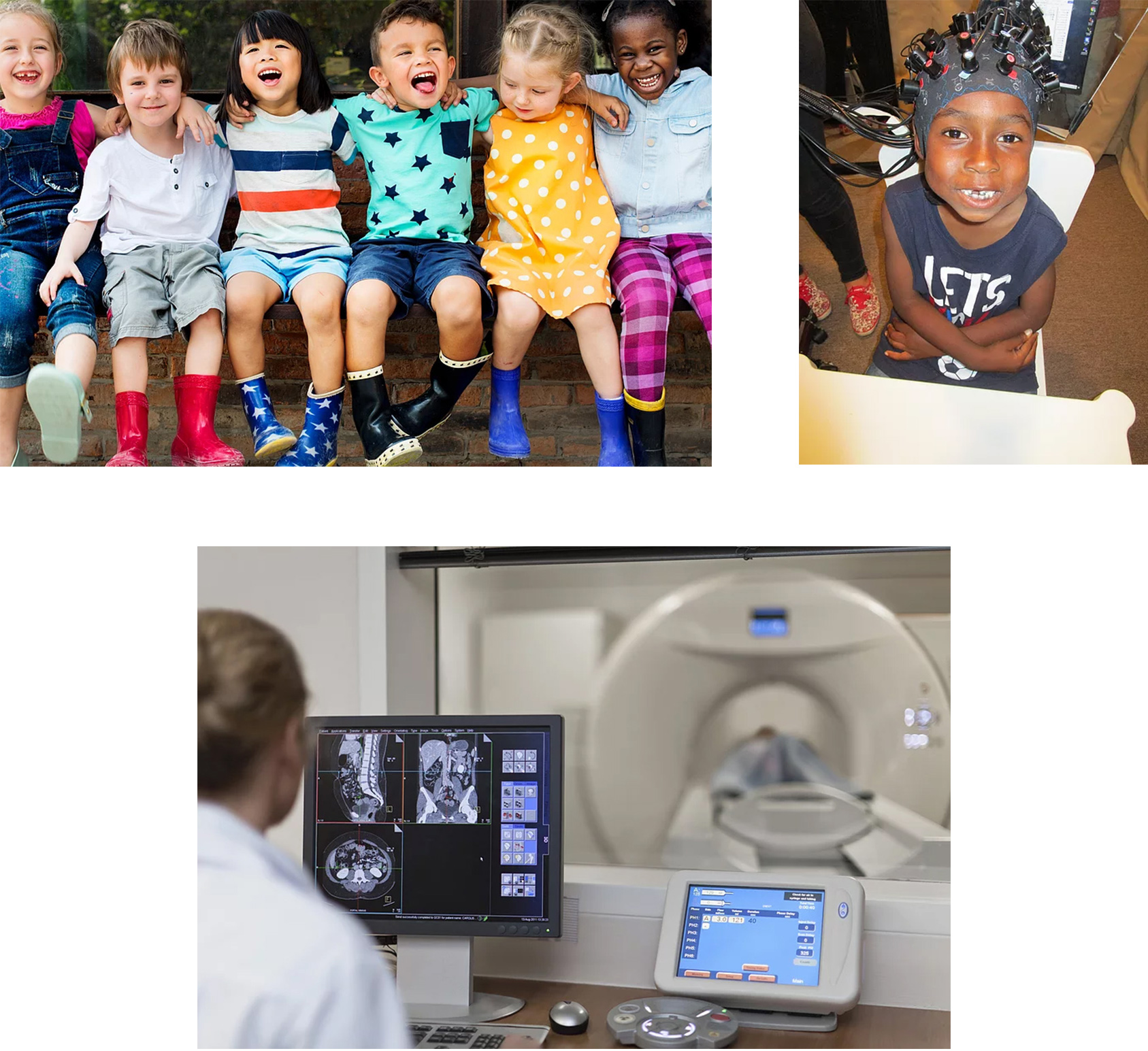
PaNDA STUDY: Preschool, NeuroDevelopment, and Adjustment
The PANDA study examines how early life events and family environments influence child brain and behavioral development. Families with preschool age children are invited to participate in this study. During sessions, children play games and complete other activities that measure emotional and behavioral regulation. During some of the activities, we record brain activity with safe, child friendly instruments (EEG or fNIRS). Next, parents and children come to CAMRI, our neuroimaging facility at the Houston Medical Center. Children lie in an MRI scanner for around 30 minutes and watch movies while we "take a picture" of their brain. We hope to learn more about how early experiences shape aspects of neurdevelopment that influence emotional, and cognitive development.
Status of study: analyzing data

Syrian Refugee Study
LEED, in collaboration with Dr. Samina Salim at UH, is conducting the “Syrian Refugee Study” (SRS) to learn more about the development and adjustment of Syrian refugee children and families who resettled in Houston, Texas. Our overall goal is identify factors that place children at risk for, or protect children from, developing mental health and academic problems after experiencing stress related to war, racial or ethnic discrimination, and adjustment to a new community after resettlement. For this study, children participate in two research sessions in LEED at UH. In the first session, children and parents fill out questionnaires and complete in-person and computerized activities. We assess behavior and biomarkers (heart rate, cortisol in saliva) during these tasks. In the second session, children play computer games involving attention and emotion regulation while we record brain activity using EEG. With this data, we can look at stress, cognition, and emotion regulation on multiple levels and in association with life experiences. This will help us better understand pathways to risk and resiliency, which we can leverage to design targeted, culturally sensitive, intervention programs to support refugee children and families.
This study is funded by UH Division of Research awarded to Dr. Salim and Dr. Bick.
Status of study: analyzing data
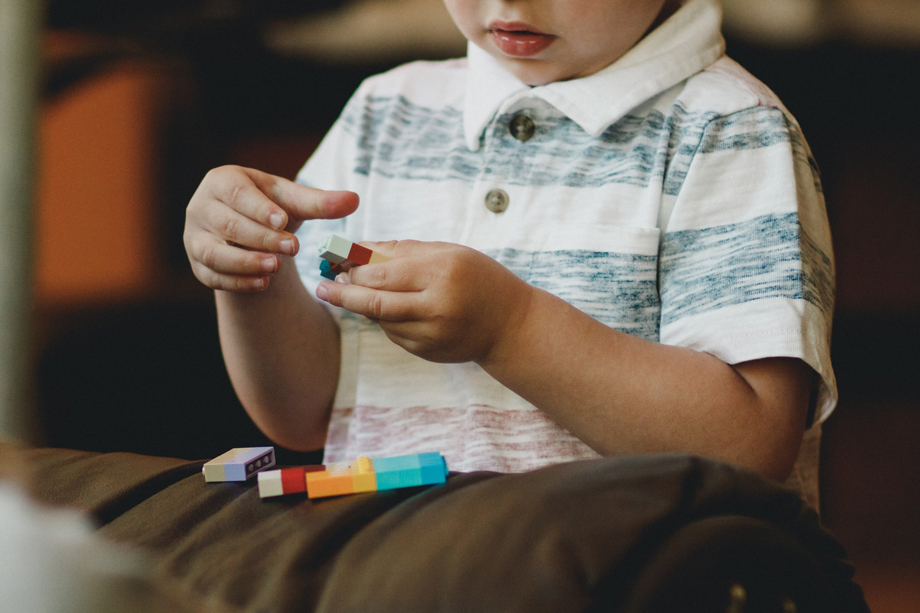
Resilience After Harvey Study
The “Resilience after Harvey” Study (RAH) is a collaboration between Dr. Bick at UH and Drs. Aagaard and Suter at TCH/Baylor College of Medicine. The objective of the RAH study is to learn more about how prenatal experiences influence preschool brain and behavioral development. This study follows a sample of women and their children (now ages 3-5) who were exposed to varying levels of pregnancy stress before, during, and after Hurricane Harvey which hit Houston in 2017. Our team takes an interdisciplinary approach to examine how stress may affect or interact with biological factors (neonatal microbiome and epigenetic/metagenomic markers) during pregnancy to shape preschool brain development and neurocognitive functioning. Our overarching goal is to identify factors that promote resiliency and healthy versus at adjustment which can be leveraged to design better assessments supportive services to buffer against risk at sensitive periods of child brain development.
This study is supported by NIH funding awarded to Dr. Aagaard and Suter at TCH and Dr. Bick at UH.
Status of study: analyzing data